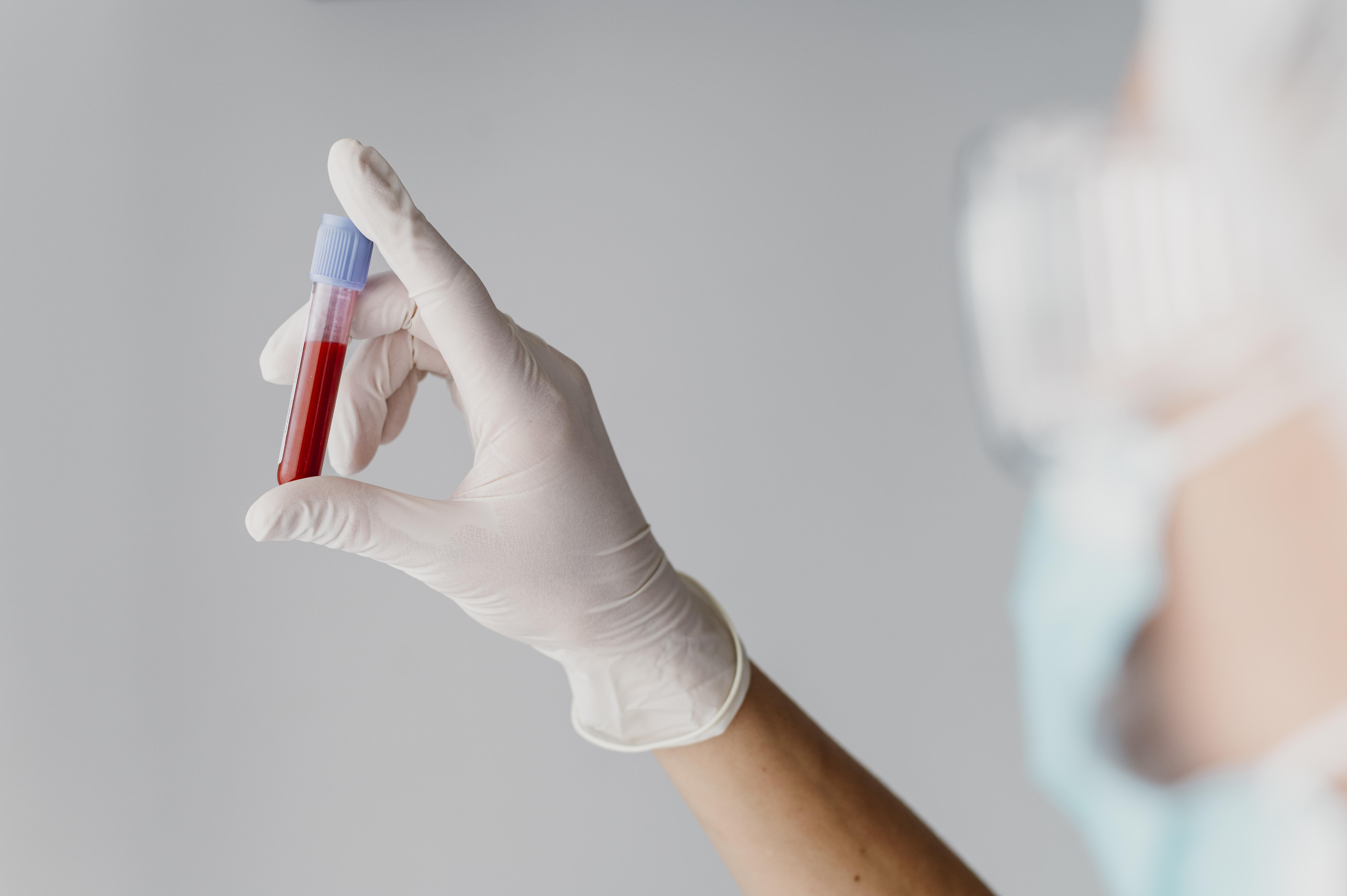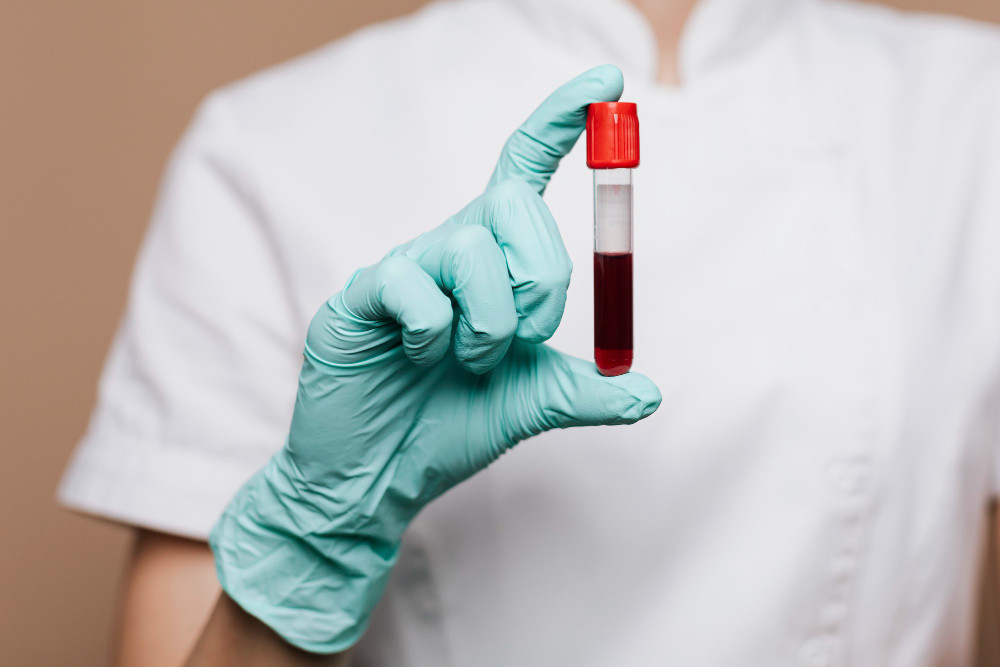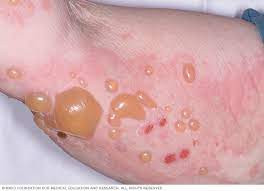Definition
Mitochondria are cellular structures responsible for generating energy essential for the body’s functions. Antimitochondrial antibodies (AMA) are a type of autoimmune response in which the body mistakenly targets its own cells, tissues, and organs. Normally, the immune system defends the body by attacking foreign entities like parasites or viruses through antibodies. However, in autoimmune conditions, this system mistakenly attacks the body’s own cells.
AMA testing involves detecting elevated antibodies in the bloodstream, often used to identify autoimmune disorders such as primary biliary cholangitis (PBC), previously known as primary biliary cirrhosis.
The Anti Smooth Muscle Antibody (ASMA) was first identified in 1965 in patients with chronic active hepatitis. Like AMA, ASMA represents an autoimmune condition where the body’s immune system erroneously targets and attacks cells and tissues, perceiving them as foreign threats. ASMA can affect smooth muscle tissue across various body areas and is observed in conditions such as hepatitis, infectious diseases, rheumatic disorders, and cancer. Its primary target is smooth muscle tissue in the liver, often leading to autoimmune hepatitis and PBC.
Indications
A doctor may recommend this test to verify an autoimmune diagnosis, particularly for PBC, or when abnormal results are seen in liver panel tests. PBC occurs when the immune system attacks the liver’s bile ducts, leading to inflammation and potentially liver failure. This condition can also elevate the risk of liver cancer.
Symptoms of PBC include:
- Itchy skin (pruritus)
- Jaundice (yellowing of the skin and eyes)
- Fatigue
- Pain in the upper right abdomen
- Liver enlargement
Contraindications
AMA and ASMA testing, performed using the Indirect Immunofluorescence (IF) method, is generally considered safe, with moderate associated risks. There are no specific contraindications for this examination.
For those familiar with standard blood tests, this test is similar to routine blood sample collection. It is advisable to discuss the test procedure in detail with your doctor before proceeding.
Preparation Before the Test
No special preparation is required prior to undergoing the Antimitochondrial Antibody (AMA) and Anti Smooth Muscle Antibody (ASMA) test using the Indirect Immunofluorescence (IF) method. Fasting is not necessary unless other tests requiring fasting are scheduled concurrently.
It is advisable to consult your doctor regarding any medications you are currently taking before the test. Inform your doctor if you are experiencing specific conditions, such as menstruation or pregnancy, or if you have other medical concerns. Discuss any routine medications with your doctor to determine which may need to be temporarily paused before the test.
Test Procedure
The AMA and ASMA test using the Indirect Immunofluorescence (IF) method involves a straightforward blood sample collection. A lab technician will clean the skin on your arm with an alcohol swab and draw a small blood sample from a vein using a sterile syringe. You may experience moderate discomfort when the needle is inserted or during blood withdrawal, sometimes feeling a prick or mild burning. Relaxing your arm can help minimize any discomfort. In infants, the blood sample is typically taken from the heel.
After the blood sample is collected, it is placed in a tube for analysis on specialized lab equipment. Once the blood draw is complete, you should apply pressure to the puncture site to help prevent bruising or swelling. Blood testing generally carries minimal risk; some individuals may experience slight pain, dizziness, or bruising, which usually resolves quickly.
Normal and Abnormal Values
Test results for AMA and ASMA are reported as either positive or negative.
A negative result represents a normal finding, while a positive result indicates an abnormality.
Results and Recommendations (Further Testing)
In AMA testing, high antibody levels (titers) in the blood suggest that symptoms and/or liver damage may be associated with PBC. However, these findings do not correlate with the severity of PBC symptoms.
A negative AMA result indicates that the symptoms are likely due to another condition, though a PBC diagnosis is still possible. Approximately 5-10% of individuals with PBC may not show significantly elevated AMA test results.
A positive ASMA result suggests the presence of autoimmune hepatitis type 1 in the blood sample, although this test alone is insufficient for diagnosis. In such cases, a biopsy is recommended for confirmation.
Elevated ASMA levels can also indicate other conditions, including:
- Primary Biliary Cholangitis (PBC)
- Hepatitis C
- Certain cancers
Conversely, a negative ASMA result means that no antibodies were detected in the blood sample, indicating the absence of autoimmune hepatitis type 1.
Consult the Right Doctor
If the AMA and ASMA tests using the Indirect Immunofluorescence (IF) method yield abnormal results, consult an internal medicine specialist for diagnosis, further evaluation, and appropriate treatment. Your doctor may recommend additional tests to clarify the diagnosis and provide the most accurate treatment plan.
Want to know information about laboratory, radiology, and other test results? Click here!
- dr. Monica Salim
Antimitochondrial Antibody Test. (2018). Retrieved 25 July 2023, from https://www.healthline.com/health/antimitochondrial-antibody
Antimitochondrial Antibody and AMA M2. (2021). Retrieved 25 July 2023, from https://www.testing.com/tests/antimitochondrial-antibody-and-ama-m2/
Smooth Muscle Antibody (SMA) Test. (2021). Retrieved 25 July 2023, from https://medlineplus.gov/lab-tests/smooth-muscle-antibody-sma-test/
Anti Smooth Muscle Antibody. (2023). Retrieved 25 July 2023, from https://www.southtees.nhs.uk/services/pathology/tests/anti-smooth-muscle-antibody/











